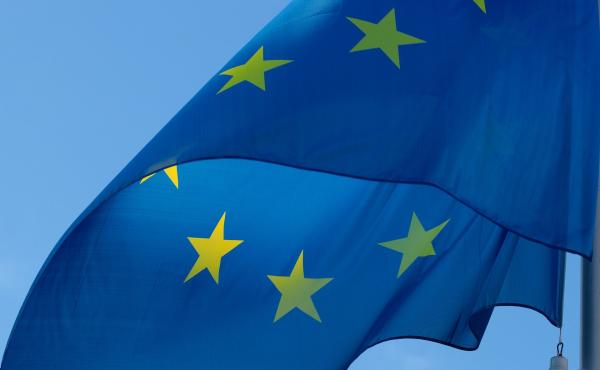
The ECGI blog is kindly supported by

Activism and Empire Building
The growing influence of activists in today’s corporate landscape has prompted financial economists to investigate the drivers of shareholder activism as well as the role of activists in shaping corporate financial strategy. Recently, several studies have identified the takeover market as a key channel through which activists create value by attracting takeover bids and obtaining favorable terms for target shareholders. In this paper, we focus on the influence of activists on the acquisition behavior of their targets, and provide evidence that activists play an important role in reducing wasteful M&A spending by targeting inefficient acquirers and disciplining their future M&A behavior.
As the largest and most visible aspect of a firm’s investment strategy, M&As are often viewed as synonymous with value destruction, a conclusion largely supported by the academic research. Thus, disciplining the M&A activity of an inefficient acquirer could have first-order effect on firm value by curbing empire building acquisitions that are likely to reflect motives other than shareholder value maximization and reducing managerial reluctance to divest poorly performing assets.
We start by showing that bidders engaging in inefficient M&A activity – firms conducting stock acquisitions, especially large stock acquisitions, and those that make multiple stock-financed acquisitions – are about one-third more likely to become targeted by activists. Firms that pursue diversifying acquisitions and acquisitions during industry merger waves are also more likely to be targeted. Thus, the recent acquisition activity of a firm is an important factor in the activist’s targeting decision.
Once targeted, firms’ acquisition strategies improve. Activist targets exhibit a one-third lower probability of making acquisition bids in the five years after activism. This is true for both cash- and stock-financed acquisitions, indicating that curtailing capital availability, which is often advocated by activists, is not the only channel through which they influence M&A decisions. Importantly, the type of acquisitions also changes after activism. Firms are less likely to conduct acquisitions that prior research identifies as value-destructive, such as large, diversifying, and in-wave acquisitions. Not surprisingly, these post-activism acquisitions are favorably received by investors and exhibit higher short- and long-term abnormal returns.
_______________
Nickolay Gantchev is a Professor of Finance at Warwick Business School, a Research Fellow at CEPR, and an ECGI Research Member.
Merih Sevilir is a Professor of Finance at ESMT Berlin and Halle Institute for Economics Research, and an ECGI Research Member.
Anil Shivdasani is a Wells Fargo Distinguished Professor of Finance at UNC Kenan-Flagler.
The ECGI does not, consistent with its constitutional purpose, have a view or opinion. If you wish to respond to this article, you can submit a blog article or 'letter to the editor' by clicking here.






